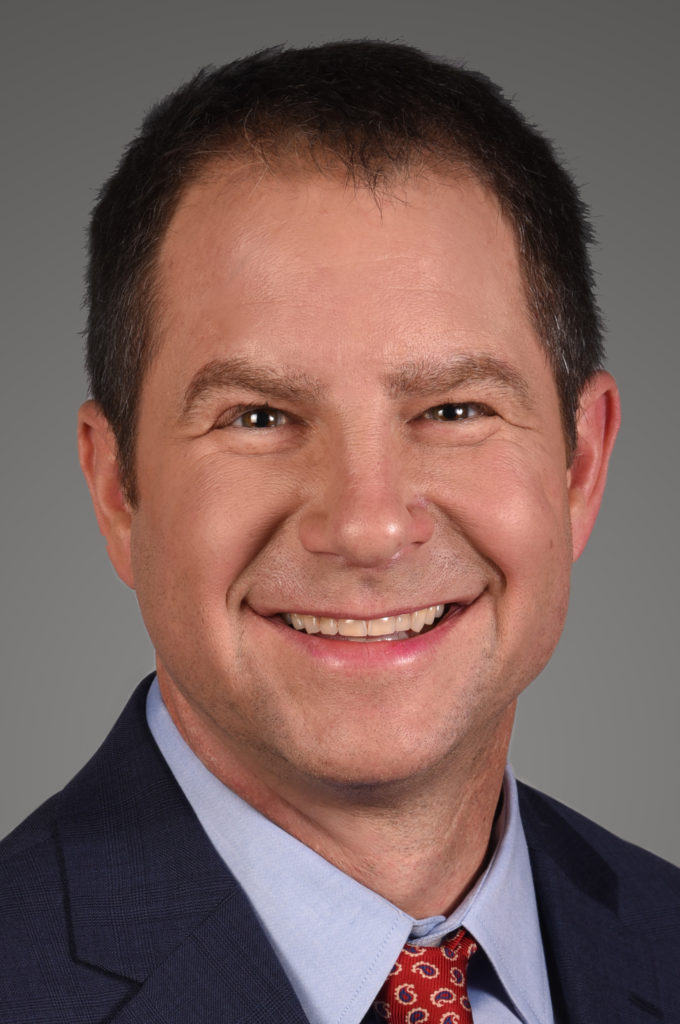AMARILLO, TX – The COVID-19 pandemic is proving to be a health crisis unlike anything we have seen in our lifetime. We continue to seek new ways to combat this novel virus. The country was beginning to make progress when COVID vaccines became readily available in April and May of this year.
However, the rise of the Delta Variant, coupled with the resistance of many Americans to taking the vaccine, caused our nation to change course and begin implementing vaccine mandates.
Previously, vaccine mandates only applied to employees of the federal government. But, since July of this year, individual states, employers, schools, nursing homes, restaurants, and hospitals have begun to implement vaccination requirements as a condition of employment.
The Biden administration recently announced a plan to implement a vaccination mandate that will apply to many large private sector employers, federal employees and contractors, and the majority of the health care industry. Specifically, the new vaccine mandate will apply to the following:
• all employers with 100 or more employees;
• all federal workers and contractors that do business with the federal government; and
• all health care workers at Medicare and Medicaid participating hospitals and other health care settings.
 Employers With 100 or More Employees
Employers With 100 or More Employees
The administration is working with the Department of Labor’s Occupational Safety and Health Administration (OSHA) to promulgate this component of the mandate. Pursuant to anticipated rules, any employer with 100 or more employees will be required to implement vaccine mandates for its workforce. If employees do not wish to be vaccinated, or cannot be vaccinated for religious or medical reasons, they must submit to weekly testing and produce a negative test result. This mandate will go into effect once OSHA issues its Emergency Temporary Standard.
Federal Workers and Contractors Doing Business with the Federal Government
On July 29, 2021, President Biden announced that every federal government employee and onsite contractor would be required to (i) attest to his/her vaccination status; (ii) wear a mask on the job regardless of the employee’s geographic location; (iii) social distance from other employees; and (iv) comply with weekly COVID testing and travel restrictions.
As of September 9, 2021, the Biden administration is doubling down on these requirements by providing a stricter mandate. The Biden administration has eliminated the option to wear a mask, social distance, and limit travel by requiring that all federal executive branch workers and employees of contractors doing business with the federal government be vaccinated.
Health Care Workers at Medicare and Medicaid Participating Hospitals and Other Health Care Settings
Pursuant to President Biden’s September 9, 2021, vaccine mandate, the Centers for Medicare & Medicaid Services (CMS) will begin to require COVID vaccinations for employees in health care settings in which their employers receive Medicare or Medicaid reimbursement. This requirement applies to all CMS-regulated facilities, including but not limited to:
- DME and Medical Device companies;
- Home Health Agencies;
- Pharmacies;
- Hospitals; and
- Ambulatory Surgical Centers.
The following types of staff members at these facilities will be affected by the new mandate:
- Clinical staff;
- Individuals providing services under alternate arrangements;
- Volunteers; and
- Staff that is not involved in direct patient, resident, or client care.
While some states and individual facilities have already implemented similar requirements, this new mandate will apply in a large number of settings where there was prior vaccine resistance or where employers chose to make vaccine status the choice of employees.
 Paid Time Off to Get Vaccinated
Paid Time Off to Get Vaccinated
Part of the Biden administration’s new vaccine mandate is the requirement that employers provide pay to those employees who must take time off of work to receive their COVID vaccine. OSHA is currently developing a rule that will require employers with more than 100 employees to provide paid time off for the time it takes employees to receive their COVID vaccine and to recover if they experience side effects post-vaccination. It is thought that this may provide an extra incentive for employees to receive their vaccination.
Conclusion
It is important for all health care providers to be aware of the new vaccine requirements and ensure compliance with the same. If you are an employer, the first step you should take is to determine whether your business is covered by the new mandate. If you are, you should immediately take steps to ensure that you continue to monitor the status of the OSHA and CMS vaccine requirements. Even if the mandate does not apply to your business, it is a good idea to continue to monitor these developments. We expect to see legal challenges to these mandates so much could change between now and final implementation. What is not clear, however, is whether these legal challenges could delay an initial implementation. For that reason it is vital to prepare now while staying abreast of the latest news.
AAHOMECARE’S EDUCATIONAL WEBINAR
The Most Common HR Mistakes and How to Avoid Them
Presented by: Jeffrey S. Baird, Esq., Brown & Fortunato & Allison L. Davis, Esq., Brown & Fortunato
Tuesday, October 5, 2021
1:30-2:30 p.m. CENTRAL TIME
The people who work at your business are your biggest expense but more importantly, they are your most valuable asset. If you do not know how to properly manage the most common legal problems with your employees, then you may end up defending yourself before an administrative agency or even a court. In this webinar, we will examine the most common HR issues for DME suppliers and offer some helpful solutions. Topics that will be covered include employee leave, the problem employee, the occasional harassment or discrimination allegation, employee performance issues, employees with claims of disability, and finally, how you are allowed to pay your employees.
Registration will be available soon for The Most Common HR Mistakes and How to Avoid Them on Tuesday, October 5, 2021, 1:30-2:30 p.m. CT, with Jeffrey S. Baird, Esq. and Allison L. Davis, Esq. of Brown & Fortunato.
Members: $99
Non-Members: $129
Kelly T. Custer, JD, is an attorney with the Health Care Group at Brown & Fortunato, a law firm with a national health care practice based in Texas. He represents pharmacies, infusion companies, HME companies, and other health care providers throughout the United States. Mr. Custer can be reached at (806) 345-6343 or [email protected].
Jeffrey S. Baird, JD, is chairman of the Health Care Group at Brown & Fortunato, a law firm with a national health care practice based in Texas. He represents pharmacies, infusion companies, HME companies, manufacturers, and other health care providers throughout the United States. Mr. Baird is Board Certified in Health Law by the Texas Board of Legal Specialization and can be reached at (806) 345-6320 or [email protected].


